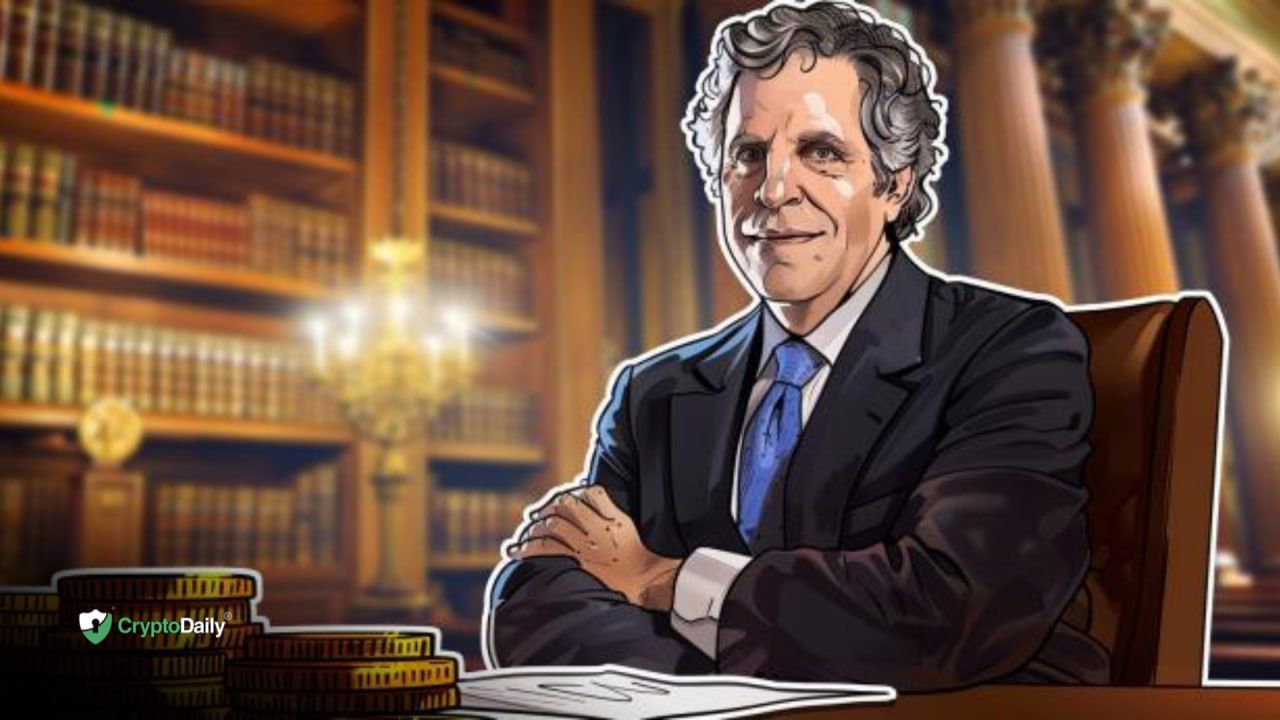In , Israeli authorities have revealed that, since 2021, they have seized 190 Binance accounts linked to designated terrorists.
The report also cited released by Israel’s National Bureau for Counter Terror Financing (NBCTF) on January 12 identified two Binance accounts linked to the Islamic State (ISIS). Hamas, the ruling party currently running the conflicted zone of Gaza, was another organization identified by the NBCTF to have received funds through Binance.
At the time of writing, however, no further information was provided on the precise amount of crypto seized (and which specific cryptocurrencies were involved) and how they were able to find out the accounts’ links to ISIS.
Last December 2022, Israeli Defense Minister Benny Gantz revealed approving the Israeli government’s seizure of “any and all cryptocurrency assets from digital wallets that have funded terrorism”. This enables the Israeli government to confiscate all assets in a wallet, even those deemed not directly used to fund ‘terrorist activities.’ The NBCTF subsequently tagged three Gaza-based firms for their links to Hamas and shut down 80 Binance accounts linked to them.
The Reuters report also homes in on Binance itself. Binance has been facing a tough start for 2023, most notably its arm in the United States, a known close ally of Israel. The US has , along with its CEO and former compliance chief Samuel Lim, last March for “wilful evasion” of commodities laws. The CFTC’s complaint highlighted how Binance executives knew about illegal dealings in the exchange, particularly Hamas’ dealings and how the exchange even provided users information on how to use VPNs in order to access Binance.
Zhao to the CFTC’s complaint, calling it “an incomplete recitation of facts.” Binance itself its willingness to and to their requests for information.
This debacle puts the spotlight to the discourse on regulation as well as its . While money-laundering and criminal activity are important issues that have to be addressed as crypto grows, the line becomes (or should become) thin on questions of geopolitics, especially in the context of Israel. The gradual displacement of Palestinians, often through the use of force, has been a highly-contentious issue ever since the State of Israel was established in 1948. Hamas has emerged as one of the main organizations fighting for Palestinian nationalism, which would explain the terrorist tag by the Israeli government.
This development shows how crypto exchanges and global crypto regulation play a crucial part in the ongoing conflict and thus, their roles, especially in terms of regulation, have to be carefully thought through.
Investment Disclaimer













